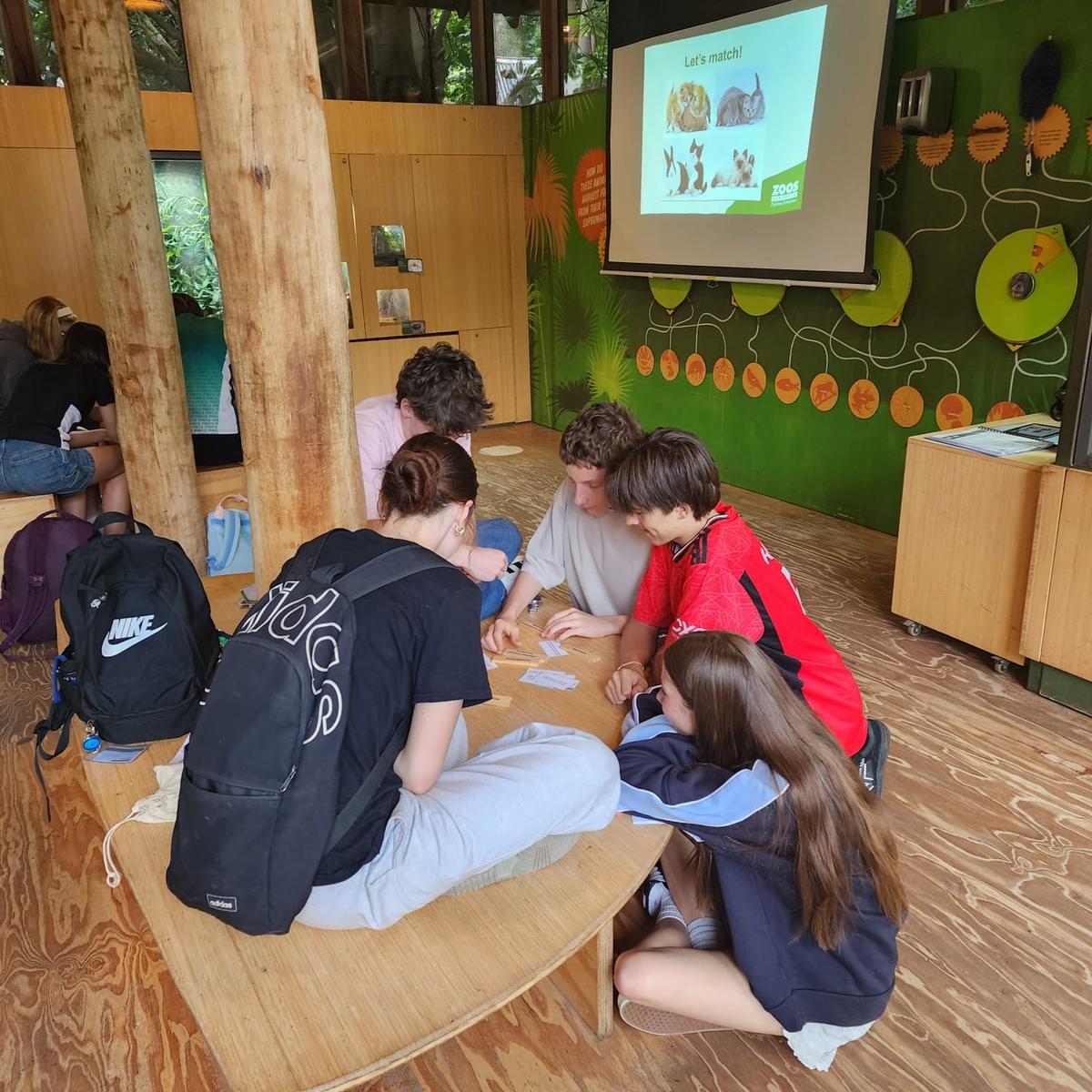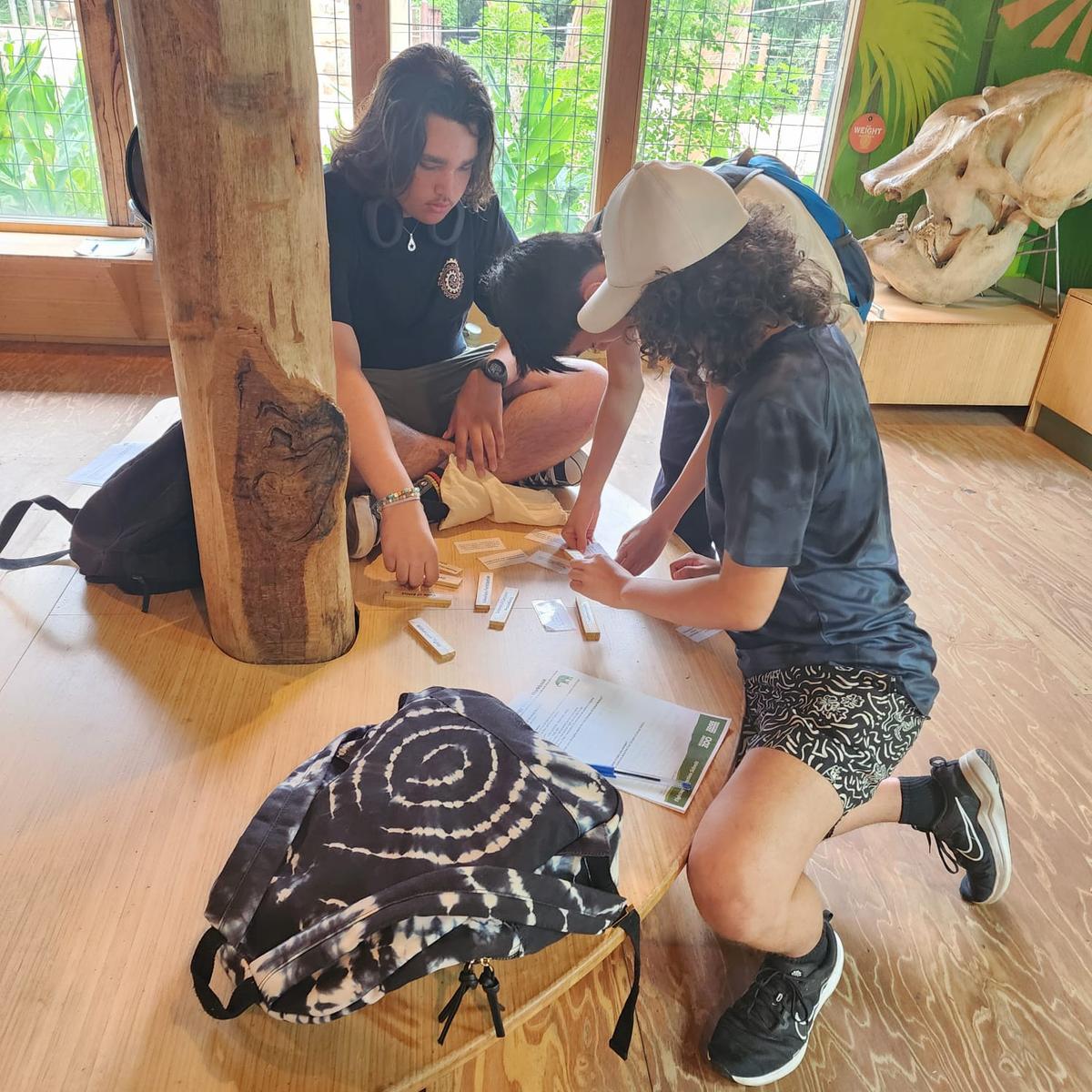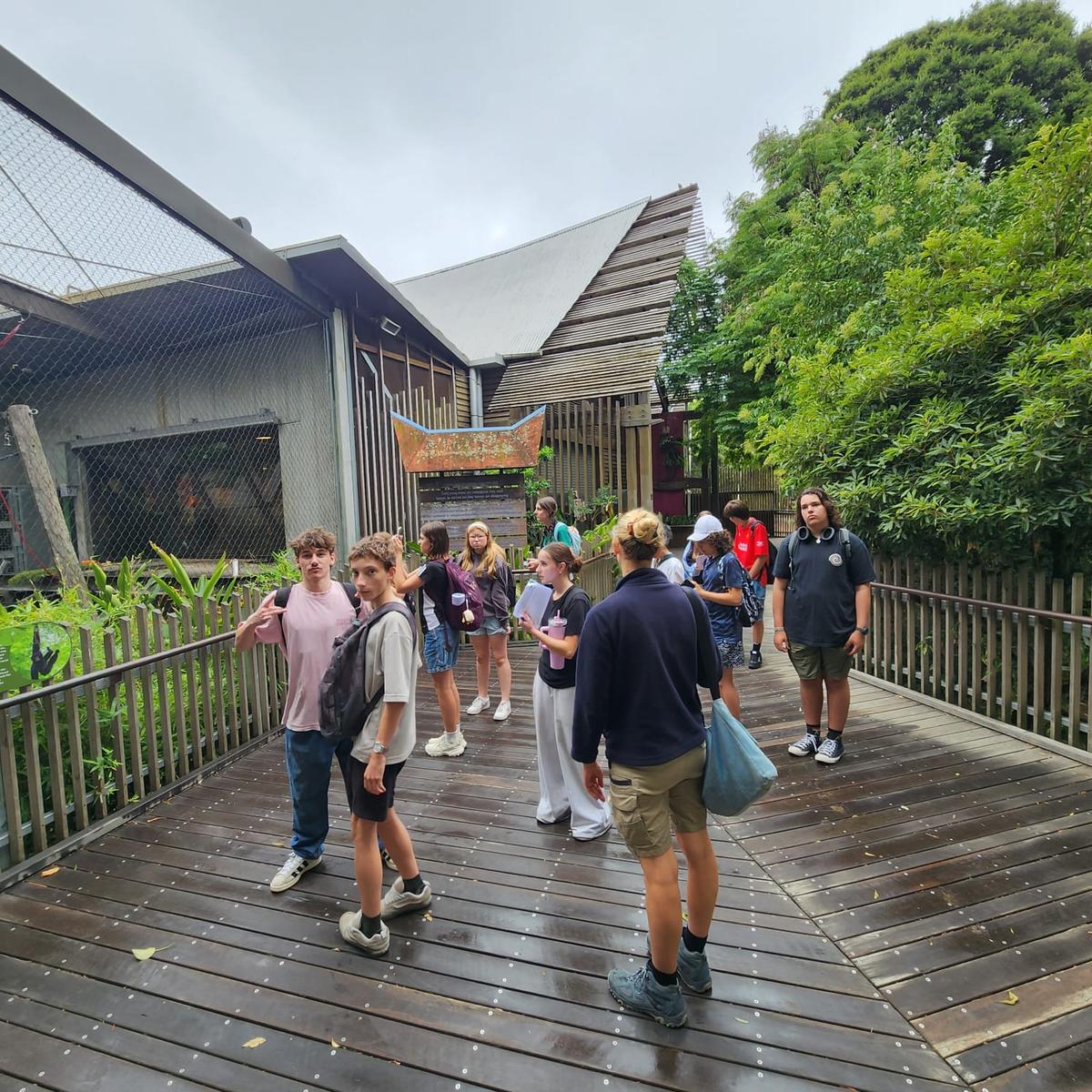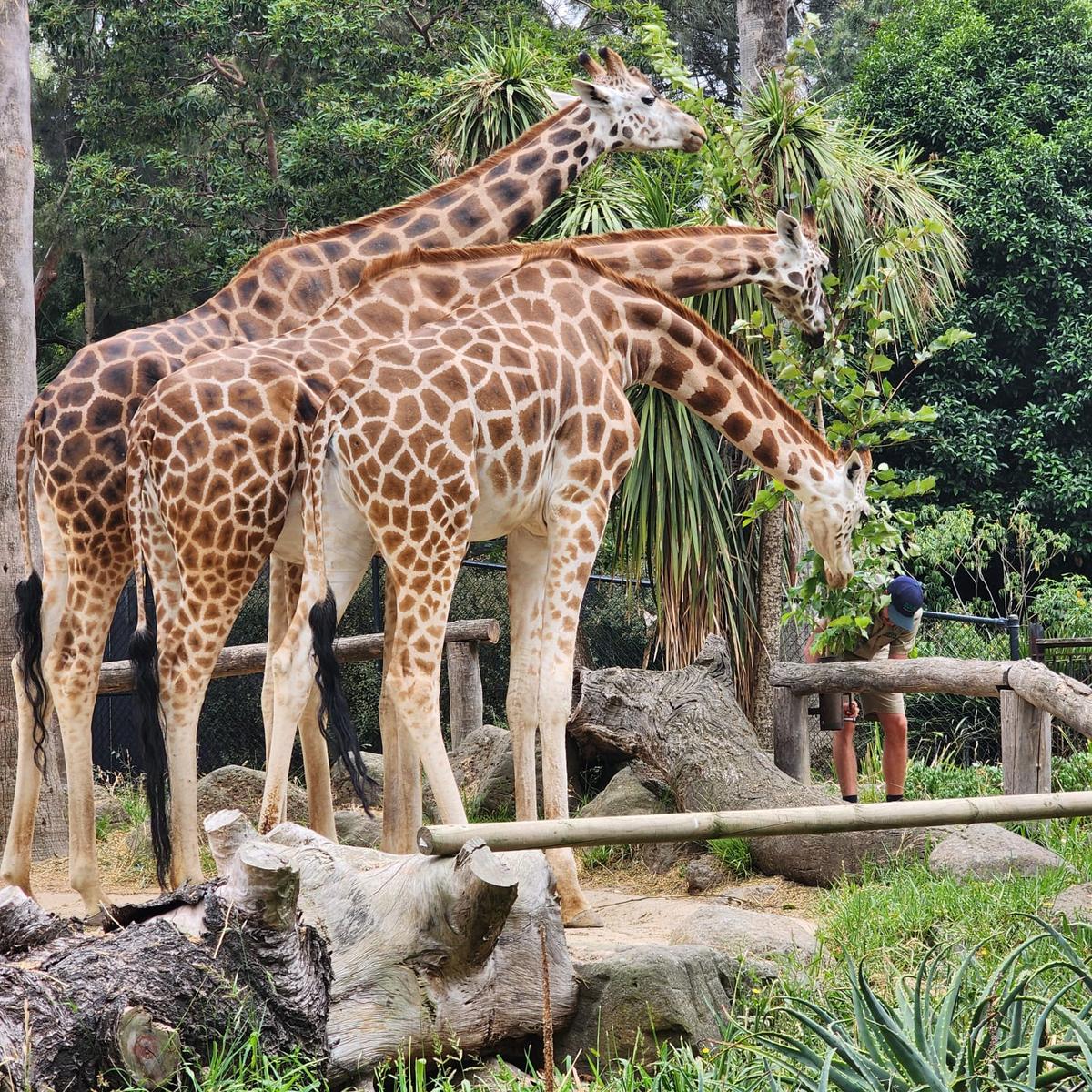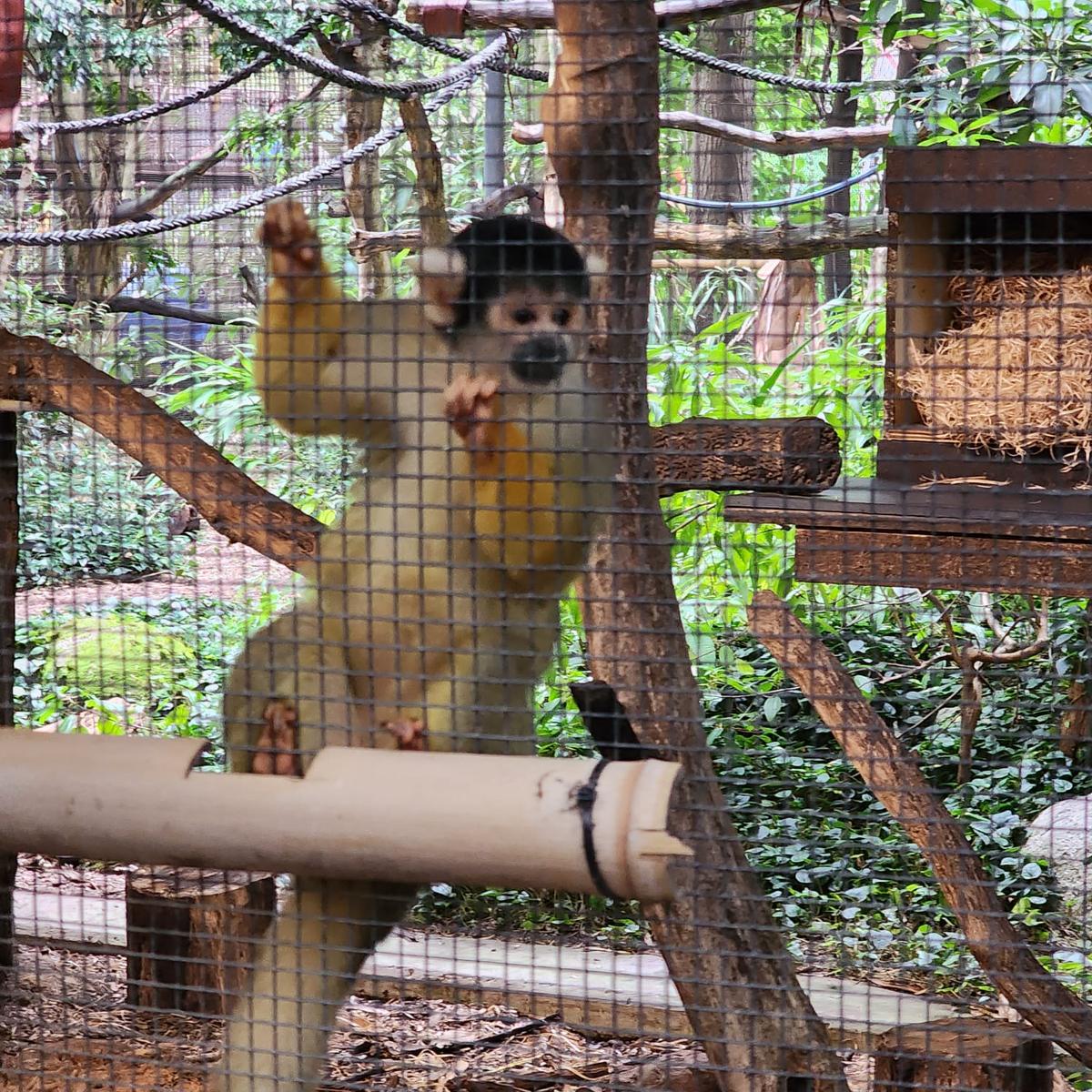Year 10 Psychology Excursion to the Zoo
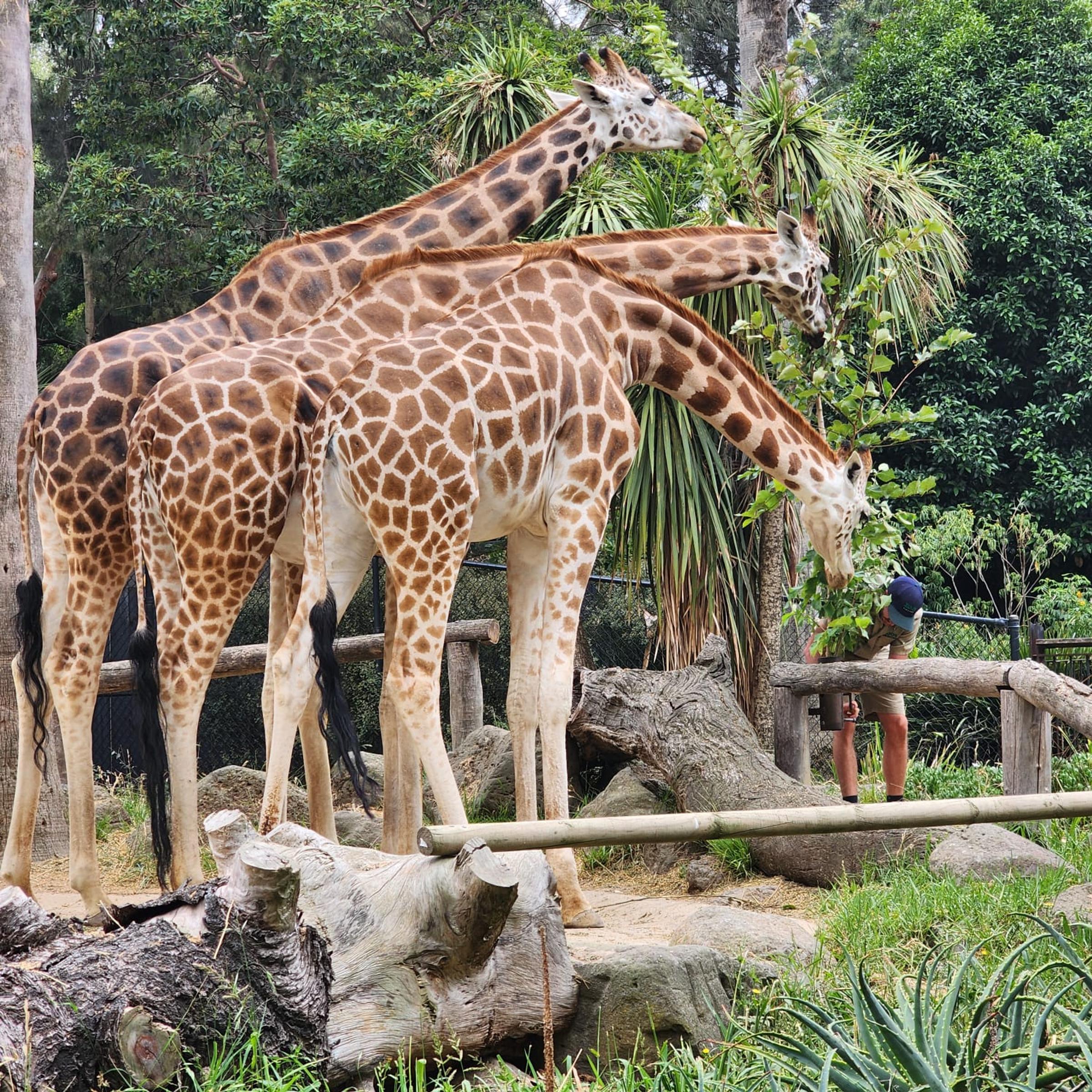
The Year 10 Psychology excursion provided students with a hands-on opportunity to explore critical issues surrounding animal welfare, ethics, and scientific research. Central to the excursion was an in-depth exploration of the Five Domains of Animal Welfare, a framework designed to assess the well-being of animals in captivity. These domains are essential for ensuring ethical treatment and a high quality of life for animals, whether they are in zoos, reserves, or research facilities.
The five domains covered during the excursion include:
1) Health – ensuring that animals are free from illness or injury,
2) Nutrition – providing a balanced and appropriate diet that meets the animals’ physical needs,
3) Suitable Environment – ensuring animals have an environment that reflects their natural habitat as closely as possible,
4) Behavioral Evaluation – assessing animal behavior to ensure that it is as natural and typical as possible, and
5) Affective State – evaluating whether the animal experiences positive or negative emotions in its environment. The students learned how these domains guide decision-making in animal care and how ethical considerations shape animal welfare practices.
An important part of the excursion involved students reflecting on the ethical implications of cross-fostering Helmeted Honeyeater eggs. Cross-fostering is a conservation technique where eggs are transferred to the nests of other species to help increase the survival rate of endangered birds. The students debated whether this practice is ethical, considering the potential risks and benefits. This discussion challenged them to think critically about conservation efforts and the ethical balance between protecting species and maintaining natural behaviors.
In addition to theoretical discussions, the students participated in a practical research activity. They conducted quantitative data collection on the activity levels of Siamang monkeys, recording their behaviors to analyze the relationship between activity and well-being. By observing the monkeys, students gathered valuable data on animal behavior, gaining insight into how researchers monitor the health and welfare of animals in captivity. This hands-on experience not only enhanced their understanding of psychological research methods but also highlighted the importance of accurate data collection in assessing animal welfare.
Overall, the excursion was an engaging learning experience that helped students connect the principles of animal welfare and ethics to real-world practices, fostering both their scientific curiosity and ethical awareness.
Eugene Ang
Secondary Teacher

